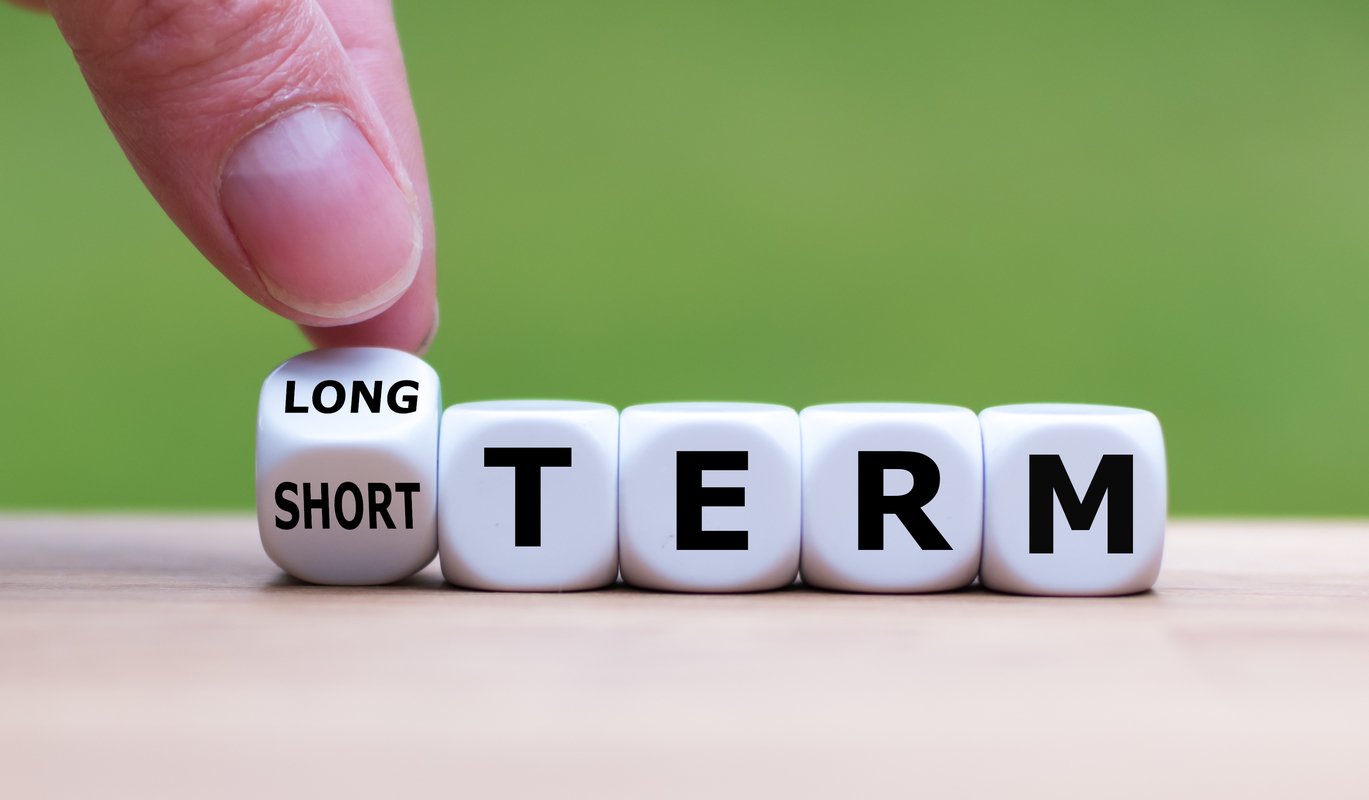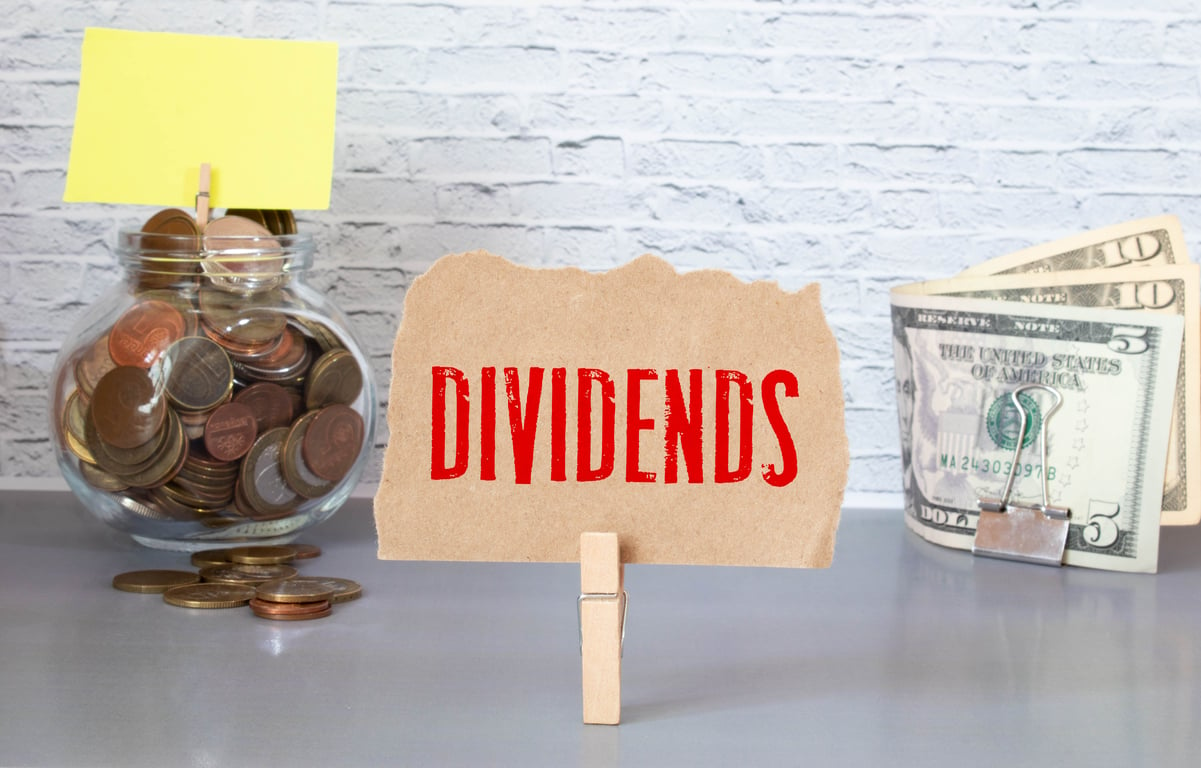The healthcare sector can be an enormously profitable place to hunt for dividend stocks. Top healthcare companies, after all, often sport ginormous free cash flows and have sustainable levels of growth.
Based on this insight, we turned to our contributors to ask them which healthcare dividend stocks might be exceptional buys right now. They suggested Bristol-Myers Squibb (BMY 2.40%), Teva Pharmaceutical Industries (TEVA 1.82%), and AbbVie (ABBV 0.31%). Here's why.

Image Source: Getty Images.
Growth and sustainability
George Budwell (Bristol-Myers Squibb): Since 2009, Bristol has been on a mission to both become a prominent player in the emerging immuno-oncology space and vastly increase the efficiency of its operations worldwide. The result of these concerted efforts has been the development of the drugmaker's new flagship checkpoint inhibitor Opdivo, which is now approved for a whopping 11 indications in the U.S. across six tumor types and is on track to break $4 billion in sales in 2017. Opdivo is also in numerous clinical trials that may establish it as a key backbone therapy across a wide swath of hard-to-treat malignancies.
Opdivo's stunning commercial success has been a primary reason this big pharma has been producing industry-leading levels of growth of late. In 2016, for instance, Bristol's top-line exploded higher by 17%, and its bottom-line performed even better with a staggering 41% increase over 2015.
The one chink in Bristol's turnaround story, though, is perhaps the disappointing growth within its dividend program since 2009. At present, this big pharma stock pays a below average yield of 2.97%, and the company has only grown its dividend by 25.8% in the past eight years. That's fairly weak compared to industry leaders like AbbVie that sport yields of 3.72% and have grown their dividends at a record pace over the past few years.
Bristol's cautious approach to its dividend program, however, isn't without reason. Instead of allocating capital to shareholder rewards, the company has been racking up value-creating acquisitions -- such as its billion dollar plus expenditures to acquire both Padlock Therapeutics and Cormorant Pharmaceuticals last year. As a result, Bristol now sports one of the deepest and most promising clinical pipelines among even the most elite drugmakers, which should eventually translate into sustainable growth and richer dividend payouts down the road.
There's nothing generic about this dividend stock
Sean Williams (Teva Pharmaceutical Industries): Though it's been about as unpopular a stock as you can get in the healthcare industry of late, a top healthcare dividend that this Fool has been nibbling on for weeks is branded and generic drug developer Teva Pharmaceutical Industries.
Without question, Teva is going through a rough patch. It's buried under $33.7 billion in net debt after an acquisition spree that included generic drugmaker Actavis. Its CEO and CFO have stepped down following the company's admission and settlement of bribery charges in three foreign countries. And the company's lead branded drug, Copaxone, an injectable treatment for multiple sclerosis, could soon lose a decent chunk of its sales to generic competition.
Yet this Fool keeps buying!
To begin with, Teva appears set to benefit greatly from the addition of Actavis. The buyout makes Teva the largest producer of generic drugs in the world, which should increase its pricing power with insurers and pharmacies and also boost its margins by allowing the company to eliminate redundant operations. Some $1.5 billion in net synergies are expected to be realized by year's end, based on Teva's Q1 earnings report.
Secondly, unlike other drugmakers (ahem, Valeant Pharmaceuticals) that have struggled mightily with debt, Teva has plenty of levers it can pull to reduce its burden. The company has already announced its intent to put its Women's Health and European oncology and pain operations on the chopping block for the right bidder. I believe these operations could generate in the neighborhood of $3 billion, combined, if both sell. More importantly, though, Teva had more than $1 billion in organic paydown of its debt during Q1. Don't forget that this is a company that can generate around $5 billion in free cash flow annually.
Even Teva's efforts to protect Copaxone from generic competition have been admirable. Teva has used the legal system masterfully to keep generics off pharmacy shelves long enough to bring a reformulated version to market that only needs to be injected three times a week as opposed to daily. Even when generic competition does hit the market, Teva may be able to protect more of its branded sales than Wall Street realizes.
Considering its beat-up share price, Teva's dividend yield is now up to 4%. However, given the factors described above, I believe its payout to be pretty safe, making it among the most attractive healthcare dividend stocks you can consider buying.
Betting on the pipeline
Brian Feroldi (AbbVie): Sporting a dividend yield of 3.7%, AbbVie is one of the highest-yielding big pharma stocks out there. What's more, shares are trading around 11 times next year's earnings estimates, which is quite cheap when compared to the S&P 500 in general. What gives?
Investors are likely assigning AbbVie a below-market multiple right now because they are concerned that the company's cash-cow drug Humira could soon face some serious competition. Between biosimilars and recent competitive launches, several companies are actively fighting for a slice of Humira's sales. That aggressiveness makes sense since Humira rang up more than $16 billion in total sales last year, making it the best-selling drug in the world. If competitors succeed, AbbVie could be in for a world of hurt since Humira is responsible for more than 60% of the company's total sales.
For what it's worth, AbbVie's management team is very confident that Humira will be able to hold its own for years to come -- the company believes that its patents will protect it from competition for some time. That's why they were willing to go on record and predict that Humira's sales will top $18 billion by 2020, which, if true, represents slow but steady growth from here.
Beyond Humira, AbbVie is also counting on other drugs to help move its top-line forward from here. That growth is expected to be powered by its fast-growing cancer drug Imbruvica and more than 20 new products or indications that are currently in its development.
Will the company's pipeline pick up the slack left when Humira's sales eventually decline? That's the multi-billion dollar question that investors want to know. If you believe that the answer is yes, then buying AbbVie for its cheap valuation and high-dividend yield today probably makes sense.









